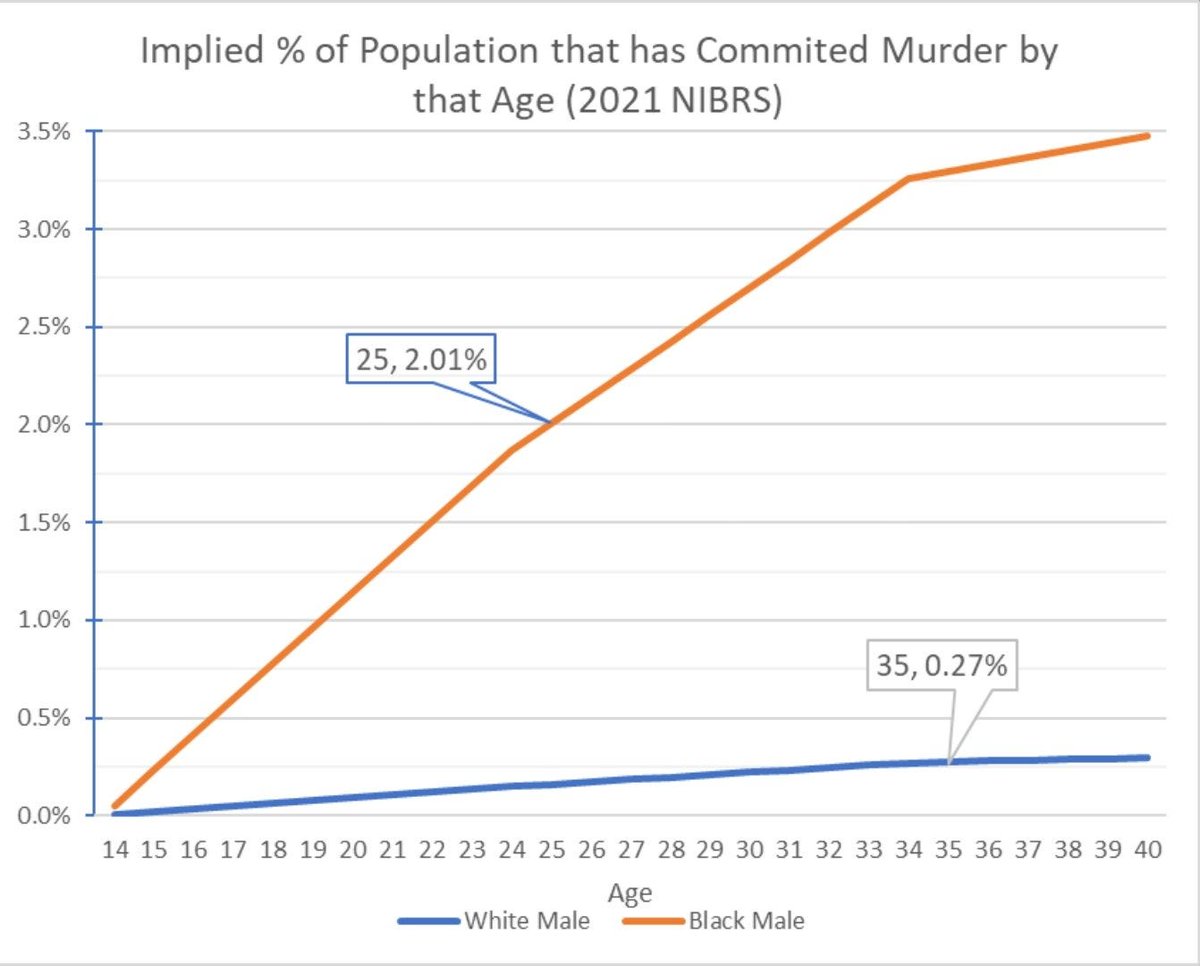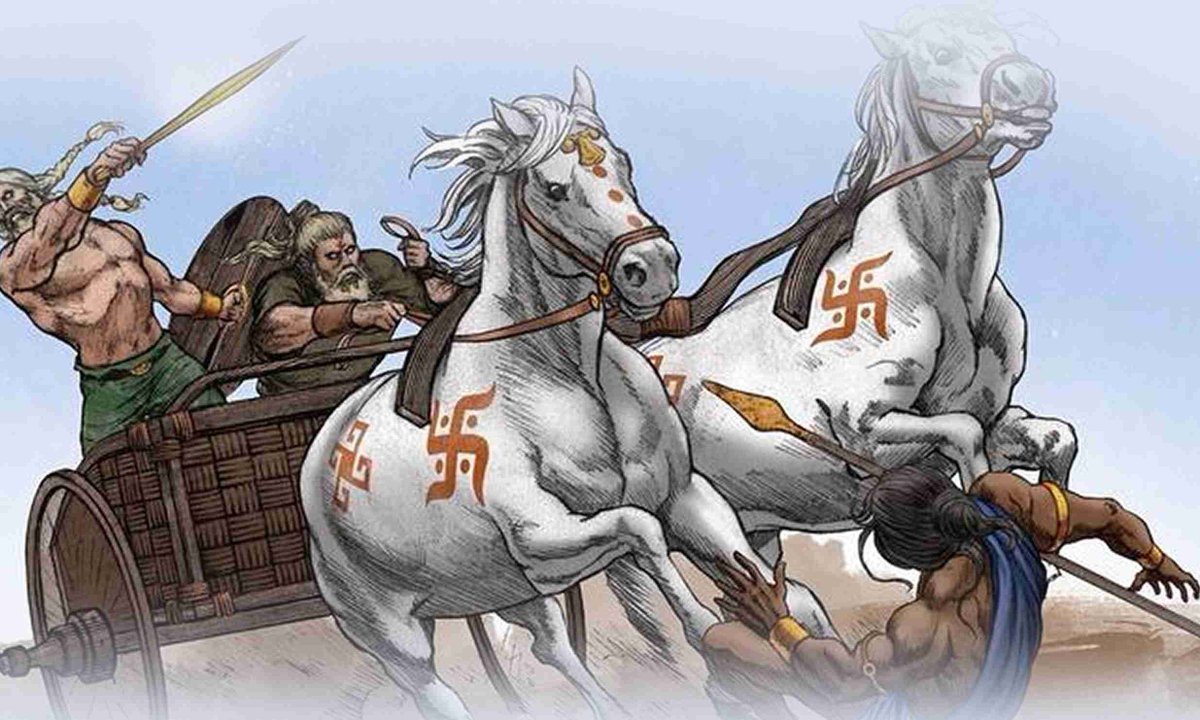The End of Race:
We have all heard the statement "we're all one race, the human race". Yet just a century ago the existence of distinct biological races was taken for granted. How did our perception of race change so drastically?
1/20 🧵
We have all heard the statement "we're all one race, the human race". Yet just a century ago the existence of distinct biological races was taken for granted. How did our perception of race change so drastically?
1/20 🧵

2/20 Racial anthropology emerged as a distinct field of study in the 19th century.
By the late 19th C. and into the early 20th C. more genetic determinist accounts of race had begun to dominate the academy, alongside the rise of Social Darwinism and the eugenics movement.
By the late 19th C. and into the early 20th C. more genetic determinist accounts of race had begun to dominate the academy, alongside the rise of Social Darwinism and the eugenics movement.

3/20 By the 1920s and 30s, things began to move in a more environmentalist direction, largely due to the influential work of the anthropologist Franz Boas and his students. 

4/20 Boas was a German Jewish immigrant to the United States.
Boas was a left-liberal, heavily influenced by his experience of anti-Semitism in his early life. He said it was the greatest disappointment of his life when he witnessed the nationalism that the Great War brought.
Boas was a left-liberal, heavily influenced by his experience of anti-Semitism in his early life. He said it was the greatest disappointment of his life when he witnessed the nationalism that the Great War brought.

5/20 "Boas did not arrive at the position from a disinterested, scientific inquiry... There is no doubt that he had a deep interest in collecting evidence and designing arguments that would rebut or refute an ideological outlook—racism"
- Carl N. Degler
- Carl N. Degler

6/20 Boas would train a generation of anthropologists that would dominate the newly emergent field of anthropology:
“Much of twentieth-century American anthropology may be viewed as the working out of various implications in Boas’s own position.”
- George W. Stocking
“Much of twentieth-century American anthropology may be viewed as the working out of various implications in Boas’s own position.”
- George W. Stocking

7/20 For Boas, conventional approaches to the study of race were supremacist, imposing false ideas like “civilised” and “barbarian” on human groupings.
Instead, study of other cultures should instead show the arbitrariness of our own values, and lead to an embrace of relativism.
Instead, study of other cultures should instead show the arbitrariness of our own values, and lead to an embrace of relativism.

8/20 “anyone who is familiar with the history of Africa before its subjugation by the Europeans, knows the industrial skill, the artistic genius, the political ability of the N-gro. In every region from West Africa through the Sudan to South Africa we have proof of it.”
- Boas
- Boas

9/20 One of Boas' most influential students would be Ashley Montagu - born Israel Ehrenberg to a Jewish family in London’s East End - who completed a dissertation under Boas in 1937. 

10/20 Montagu's 1942 work Man's Most Dangerous Myth: the Fallacy of Race, which was based on his dissertation, attacked the biological basis for race and deconstructed the concept as one which developed in the 18th century as a response to slavery and colonialism. 

11/20 While Montagu’s book received mostly negative reviews from other academics, he would have the honour of playing a leading role in UNESCO’s highly influential Committee on The Race Question. 

12/20 In response to the racialism at the center of National Socialist ideology, UNESCO convened a panel to produce a series of expert statements on race and offer a definitive condemnation of racism both morally and scientifically.
The panel, chaired by Montagu, consisted of:
The panel, chaired by Montagu, consisted of:

13/20 "A team of ten scientists all of whom were recruited from the marginal group of anthropologists, sociologists and ethnographers affiliated with the scientifically marginalized groups of cultural anthropologists that were mostly students of Franz Boas"
-Poul Duedahl
-Poul Duedahl

14/20 The final statement declared the controversial beliefs of the cultural determinists who made up the panel to be scientific fact.
Underlying this historic statement was “widespread revulsion at the Jewish Holocaust.”
-David Cannadine, The Undivided Past
Underlying this historic statement was “widespread revulsion at the Jewish Holocaust.”
-David Cannadine, The Undivided Past

15/20 When The Statement On Race was first published in 1950, it was accompanied by a Press Release which stated “No biological justification for race discrimination, say world scientists: Most authoritative statement on the subject.” 

16/20 Upon the release of the statement, the New York Times responded with a headline proclaiming: “No Scientific Basis for Race Bias Found by World Panel of Experts.” 

17/20 The statement gave scientific credibility to the claims of the Universal Declaration of Human Rights and formed the basis for several future UN conventions aimed at targeting racism.
It has been described as “the triumph of Boasian anthropology on a world-historical scale”
It has been described as “the triumph of Boasian anthropology on a world-historical scale”

18/20 It was called upon for the 1954 Brown v. Board of Education which outlawed segregation in public schools, where UNESCO’s work was treated as the most up to date scientific consensus on race, and cited as influential in the final ruling by the Chief Justice. 

19/20 “All of a sudden social scientists had become social engineers. The extent of the attention paid to them during the trials had diminished the authority of biological arguments and confirmed the impression that segregation was of a political and historical character”
Doudahl
Doudahl

20/20 The work of many of Boas's students, such as Margaret Mead, was later roundly refuted by other anthropologists as ideologically motivated.
Yet despite their hostile reception among other academics, the Boasian cultural anthropologists won the 20th Century.
Yet despite their hostile reception among other academics, the Boasian cultural anthropologists won the 20th Century.

• • •
Missing some Tweet in this thread? You can try to
force a refresh














